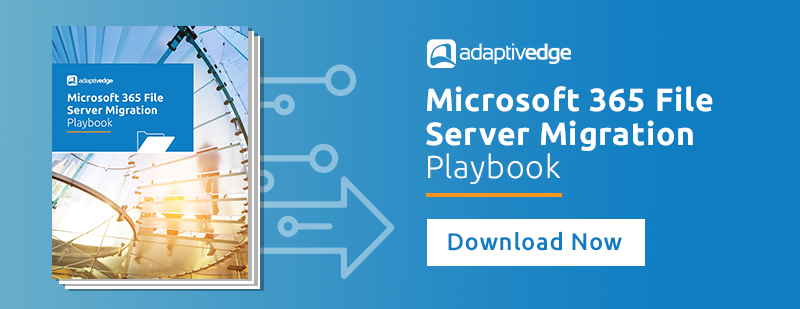Microsoft made 111 updates and announcements in the month of May for the Microsoft 365 platform. Don’t have time to read them all? We’ve gone through all of them and put together what we feel are the most important updates for you to be aware of.
Microsoft will start removing basic authentication protocols for authentication in Exchange Online starting October 1st 2022. This means that user accounts will no longer be able to use protocols that do not support Modern Authentication (MFA) such as POP, IMAP, and SMTP for email services. This decision will force Customers to use apps that are compatible with Modern Authentication and move them away from unsecured apps. Microsoft 365 admins can take advantage of several reporting features to get an idea of which users this change will affect as well as any recommended actions.
There are three segments to it:
- Microsoft Azure Active Directory (existing identity and access management service)
- Permissions Management (rename of Microsoft's acquisition of Cloud Knox Security)
- Verified ID (a decentralized identity product still in progress).
Currently, if a Teams channel is renamed the corresponding SharePoint folder on the backend is not renamed. This lack of consistency can create confusion as time goes on and channels are renamed. Microsoft is addressing this issue so that when renaming a Teams’ channel, the corresponding SharePoint folder will be renamed and reflect the new name. This will help create consistency across Microsoft 365 endpoints, making it easier for users to find their files from anywhere. For legacy Teams channels that were renamed prior to this rollout, there will be no change in experience. When a legacy channel is renamed after this release, it will simultaneously rename the corresponding SharePoint folder.
Office 2013 will reach the end of support on April 11, 2023. After this date, support for Office 2013 will end and security updates will no longer be available, per the Fixed Lifecycle Policy. This may increase exposure to security risks or impact compliance obligations.
All newly created Teams meeting recordings (TMRs) will have a default expiration of 120 days. This is on by default for all tenants. This means that by default, all TMRs created after this feature was turned on will be deleted 120 days after their creation date. Admins can also set meetings to never auto-expire. The OneDrive and SharePoint system will monitor the expiration date set on all TMRs and will automatically move TMRs to the recycle bin on their expiration date.
Bookings with me in Outlook is coming to help you reduce the back and forth in scheduling, while helping you maintain control of your calendar. You'll be able to create custom event types to share with others so they can easily find a time to schedule a 1:1 meeting with you according to your availability and preferences. When someone schedules a meeting with you using your personal booking page, you will both receive an email confirmation. Attendees can update or cancel scheduled meetings with you directly from your Bookings with me page. Bookings with me will begin rolling this out in early July (previously mid-June) and expect to complete rollout mid-July (previously late June).
Users will have additional options to RSVP to a meeting invite. When accepting a meeting, users will now have 3 options: Yes, Yes in-person, Yes virtually. Other people in the meeting invite will be able to see everyone's responses. Users using a client that does not support the feature will not be able to respond with a detailed RSVP nor will be able to see the detailed RSVPs from other attendees.

